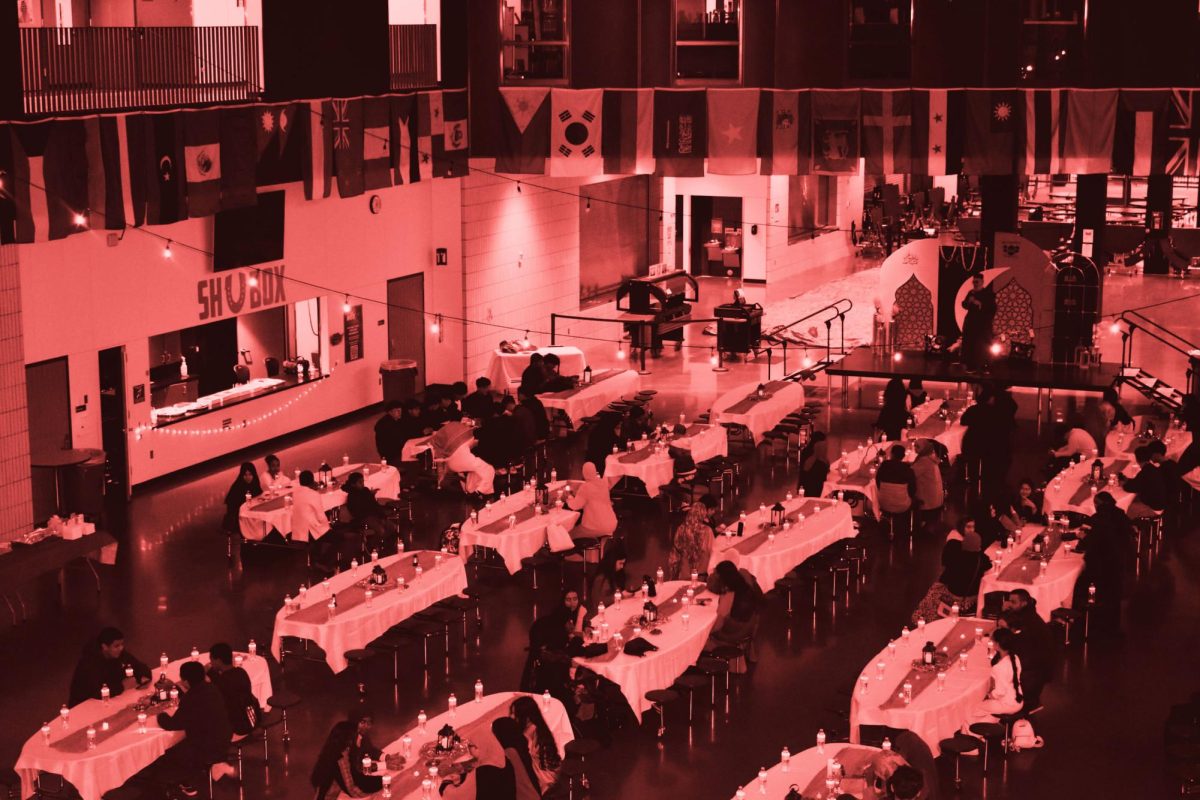
What is the significance of Ramadan?
Ramadan is the month that Muslims fast because the Holy Quran was revealed to the Prophet Muhammad during it. It is the ninth month of the Islamic calendar, which is based on the lunar cycle, so it shifts to be about two weeks earlier each year. Ramadan ends after the new moon has been sighted, which indicates that the next day will be Eid.
What lessons from Ramadan can be applied to life outside of the month?
The true meaning of Ramadan is to create a stronger connection with Allah, and the main purpose of it is to disconnect from normal human desires and develop discipline and self-control to form a connection with Islam and Allah. Ramadan gives us the time to practice better habits and be able to continue building them throughout the year.
What challenges do Muslims face when fasting in Muslim-minority countries?
I think the challenge is the lack of understanding that other people have about fasting. I think during school teachers and peers tend to think that I can continue functioning at the same level as when I’m not fasting. But there are lots of times where I feel tired and sleepy during classes and I often feel that my peers do not understand why. I think a lot of that is because Ramadan is not commonly talked about casually or in classes.
What is Eid?
The Eid celebrated the day after Ramadan is called Eid-ul-Fitr in Arabic and is meant to celebrate the ending of Ramadan. Muslims around the world celebrate with food, clothes, and gifting children with money called “Eidi”. We have another Eid, called Eid-ul-Adha, two months and ten days after Eid-ul-Fitr. This is the time when Islamic pilgrimage in Mecca happens and traditionally lasts for 40 days throughout Mecca and Medina. For those that are at home during this Eid, it is a tradition to sacrifice a goat and distribute the meat and food as charity to family, friends, and neighbors. It is usually celebrated by spending time with loved ones.